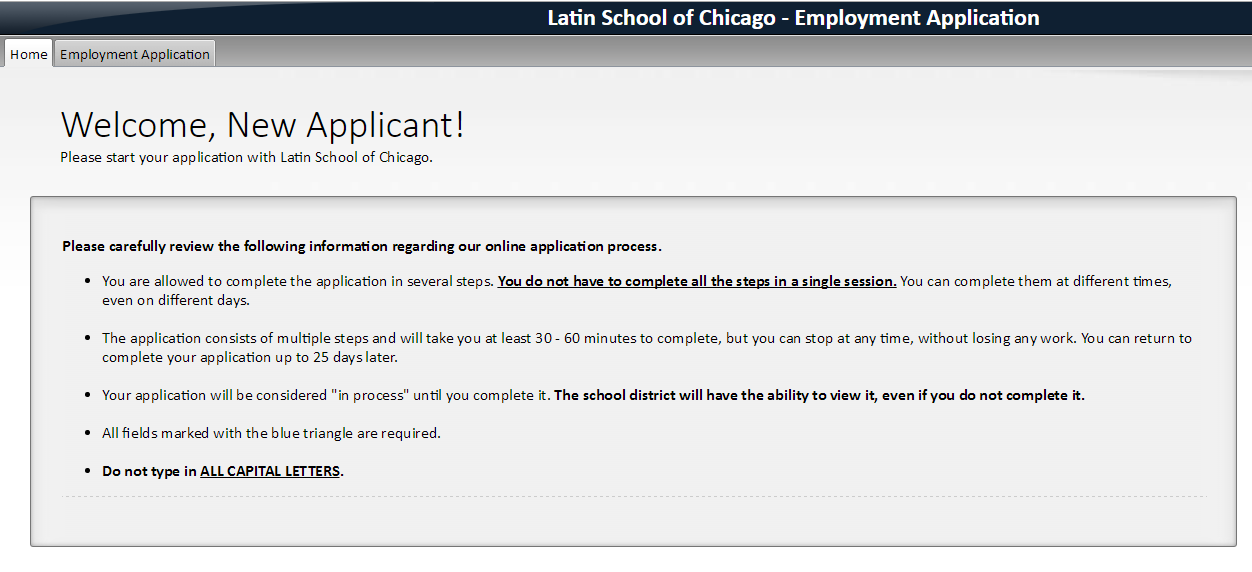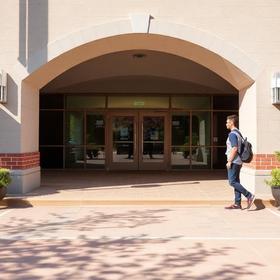The Private School Survival Guide for Teachers
Thinking about teaching in a private school? Just started teaching in a private school? Been there. Don that! That's why I'm writing this article as one educator to another.
- If you are coming from a public school, you will find several differences between teaching in a public school and teaching in a private school.
- The differences are even more pronounced if you take a teaching position in a boarding school.
- If you have never taught at all, then the following article wil raise points and issues for you to consider.
Canva generated this picture of students working on their tablets.
.jpg)
Students who want to be there
Teachers want to teach. We love our subject. We want to share it with our students.
Unfortunately, it can be difficult to teach when you are more concerned about maintaining order in your classroom than you are with actually teaching. When you have a large class of, say, 30 or 40 students, maintaining order is an ever-present issue. On the other hand teaching a small class of, say 12-15 students, allows you to engage your students more or less constantly. It is very difficult for students not to be engaged when the size of the class is small.
This video illustrates teaching using Harkness tables.
Students attend private school because their parents want




























